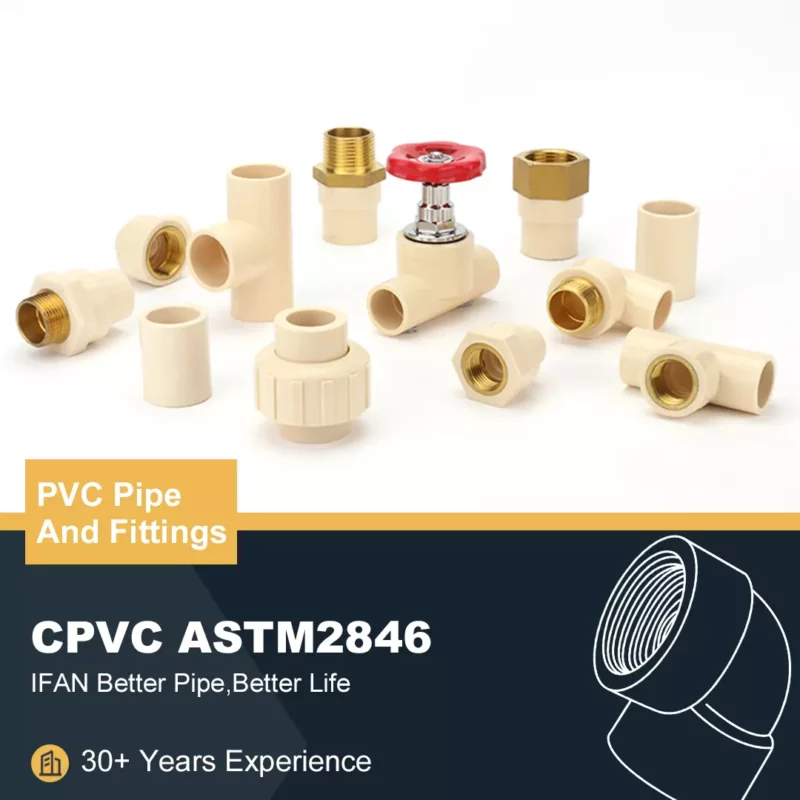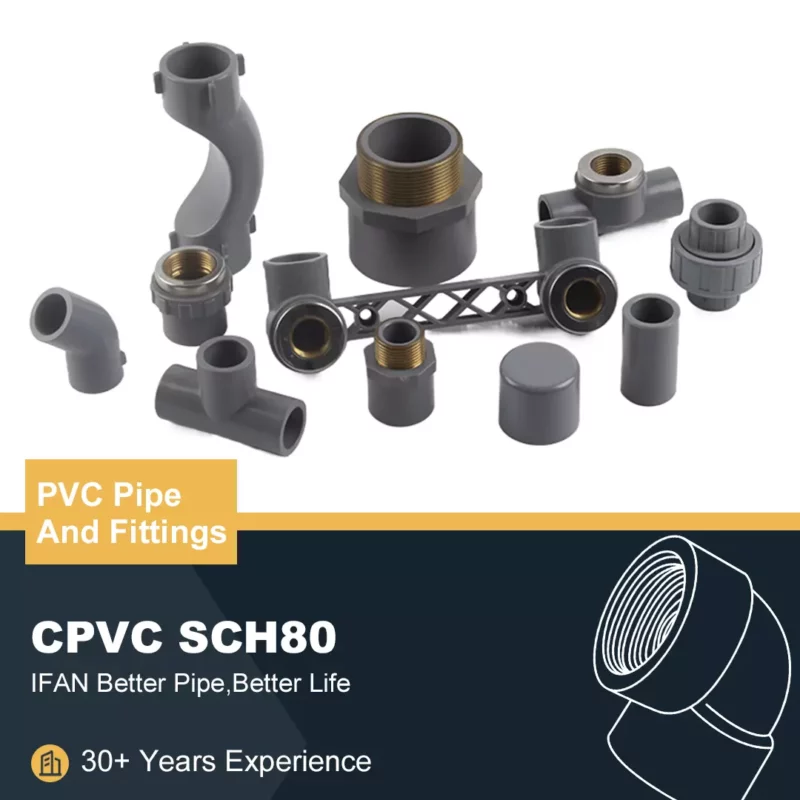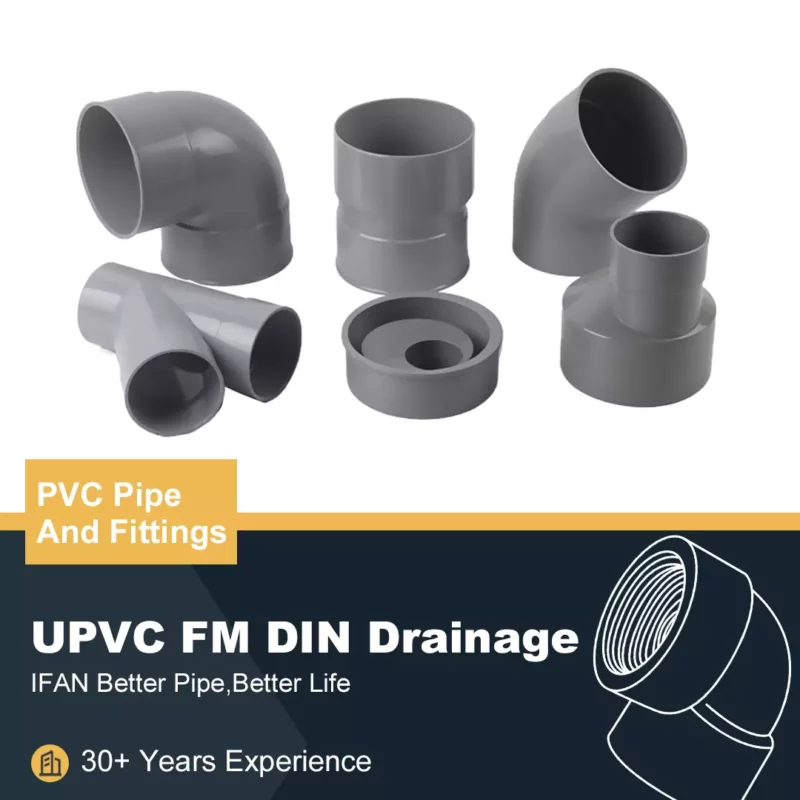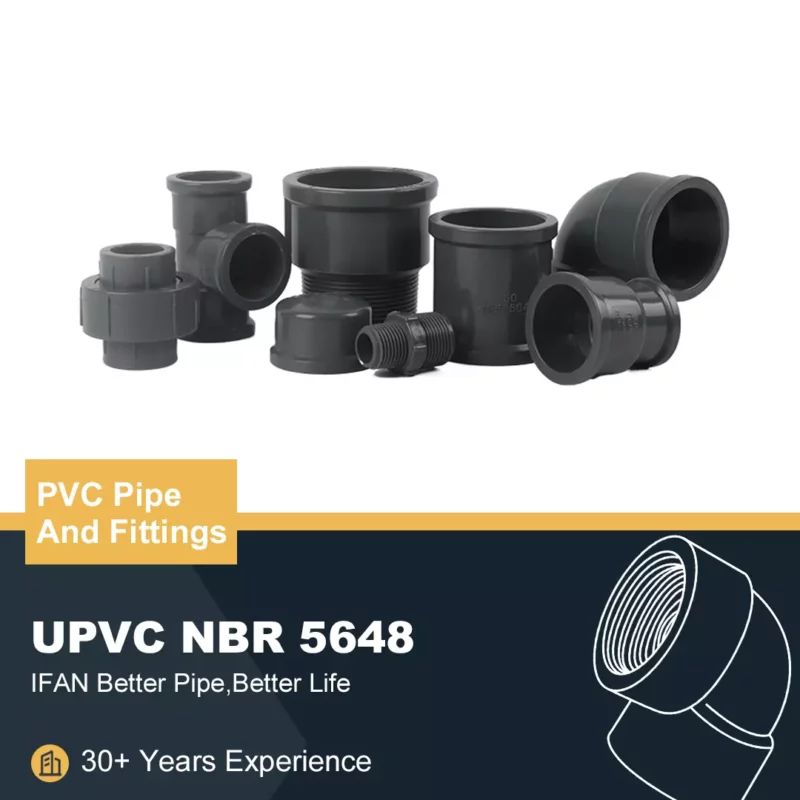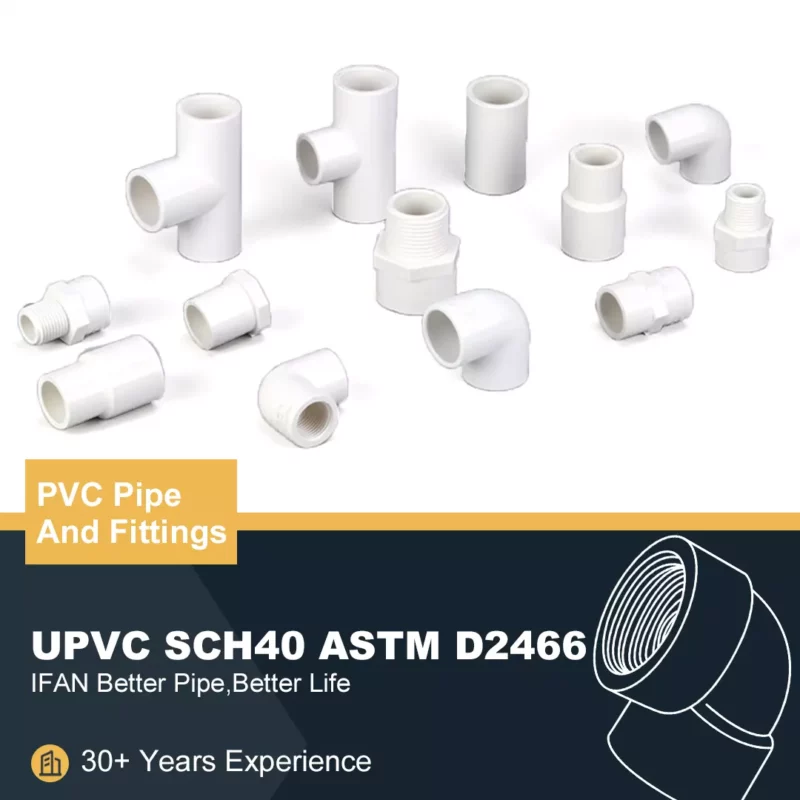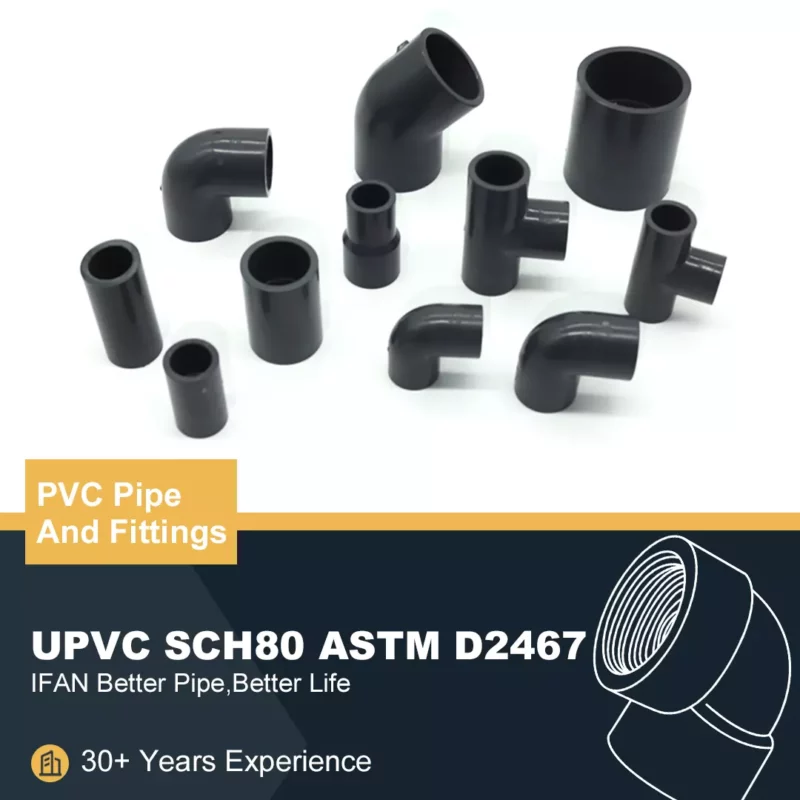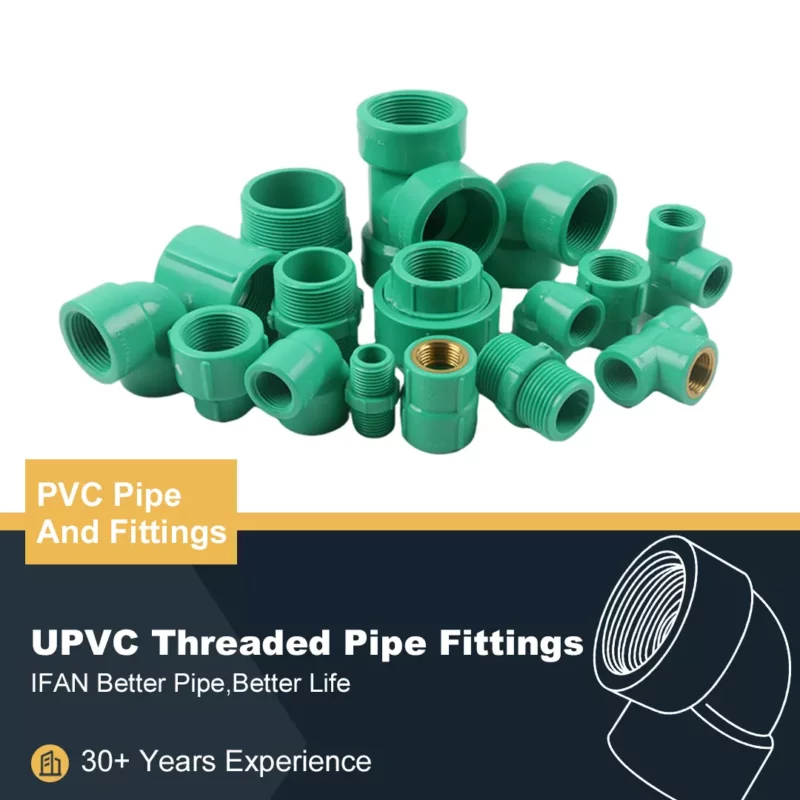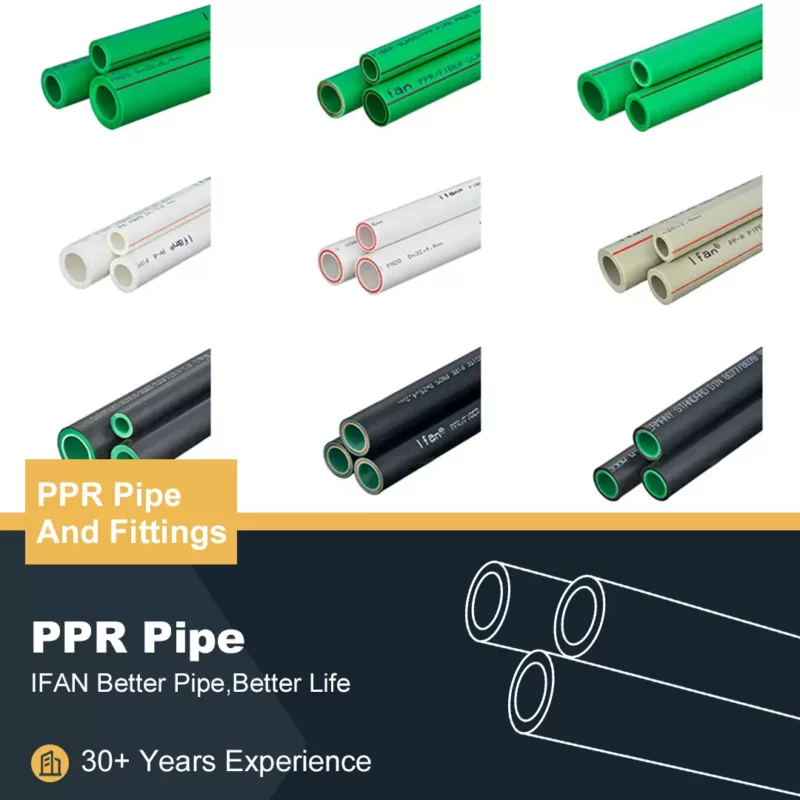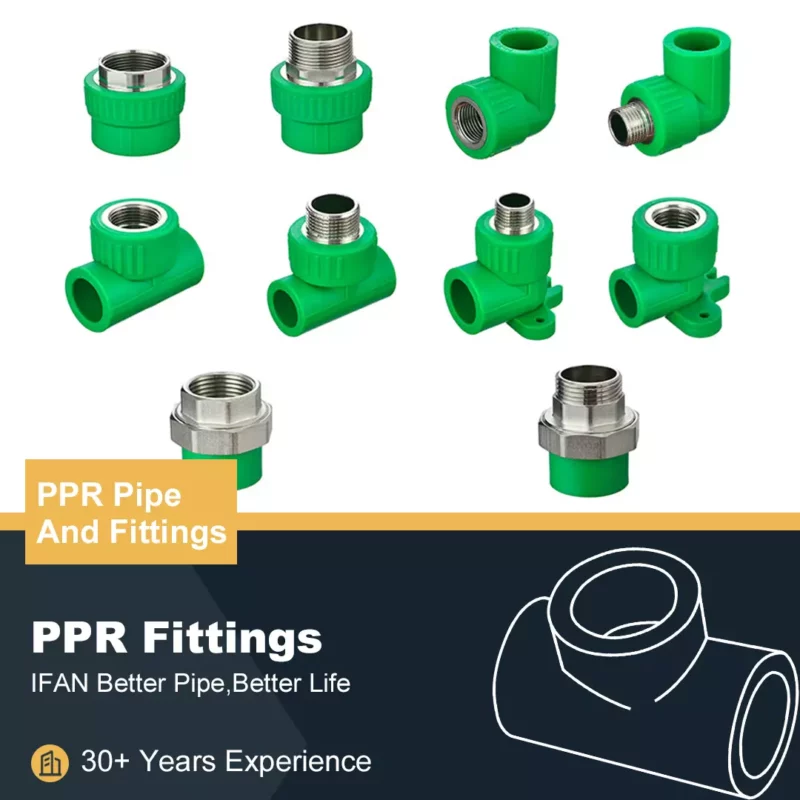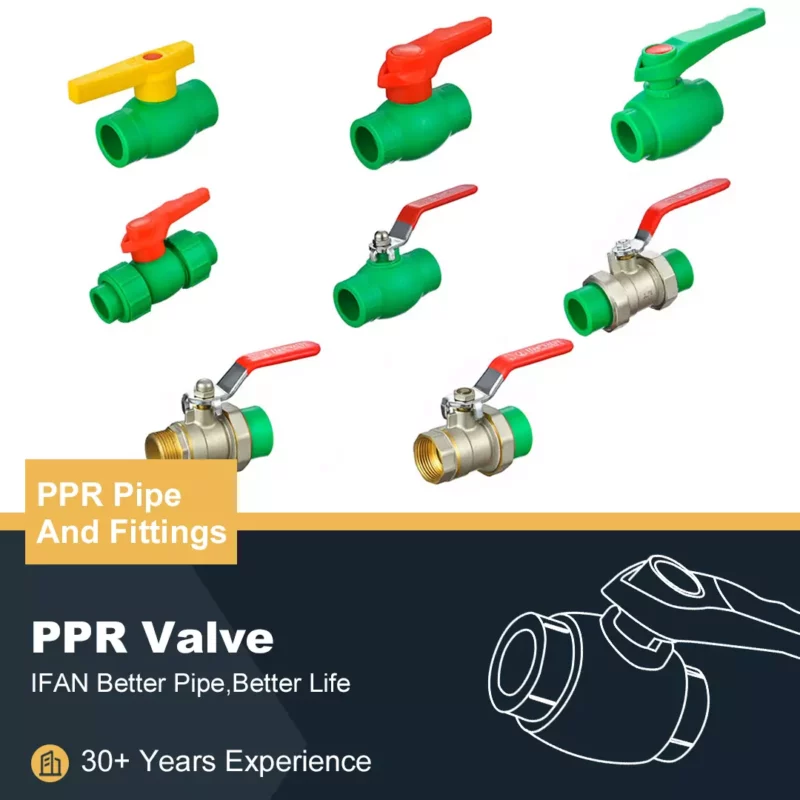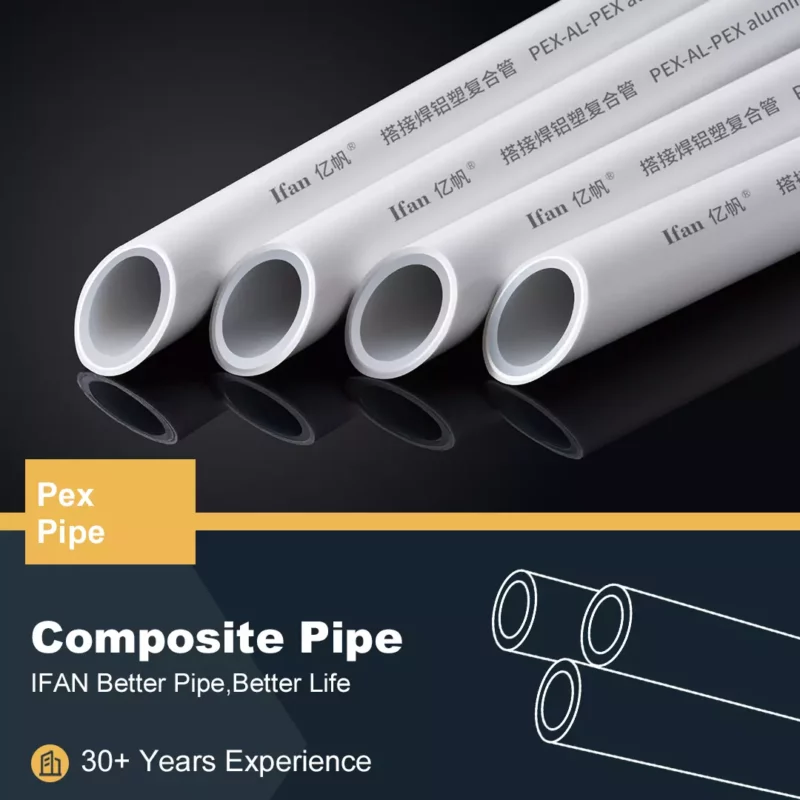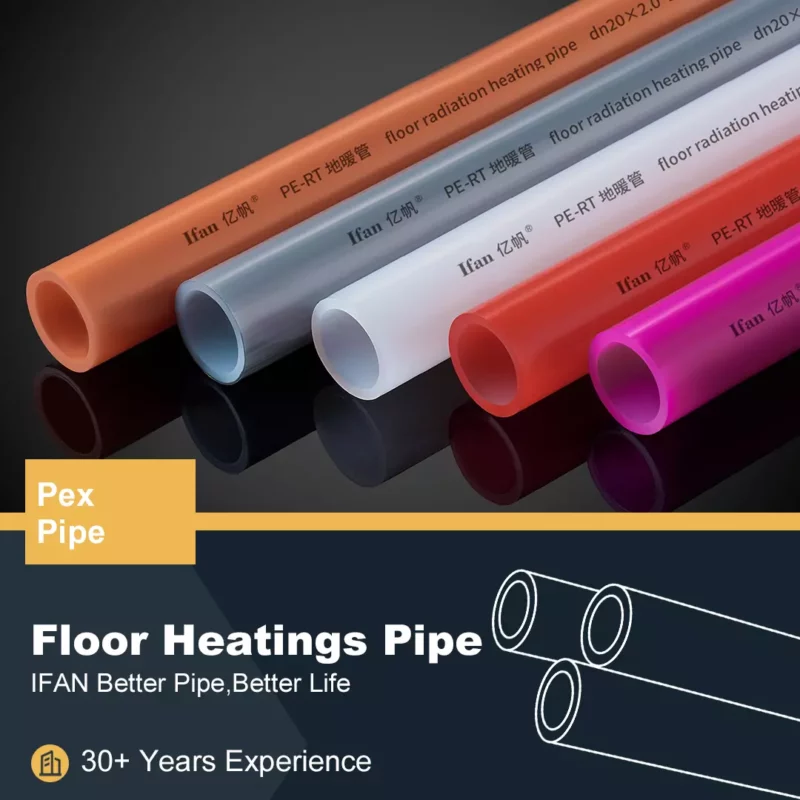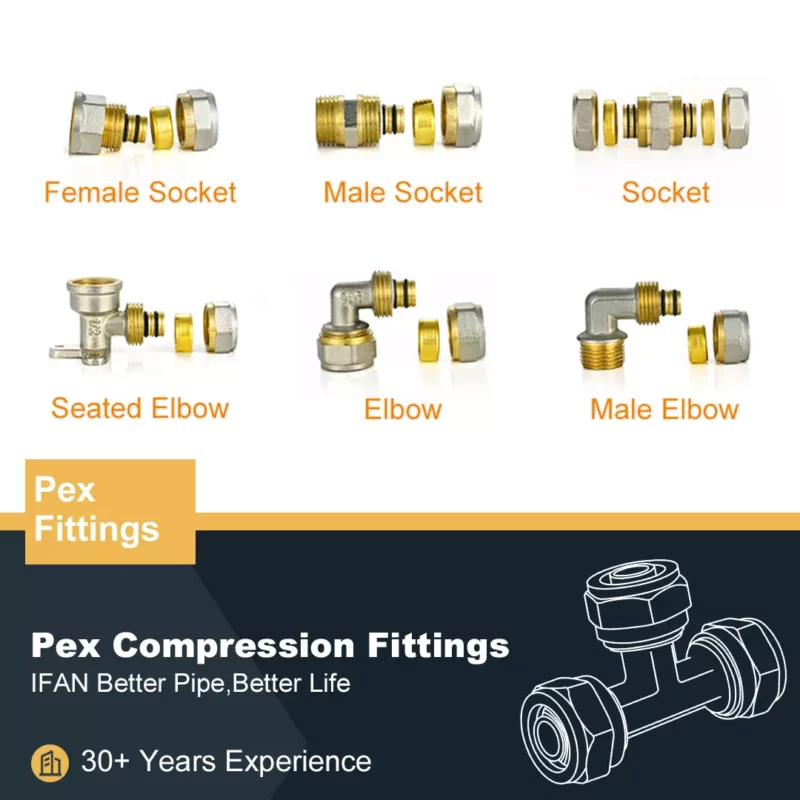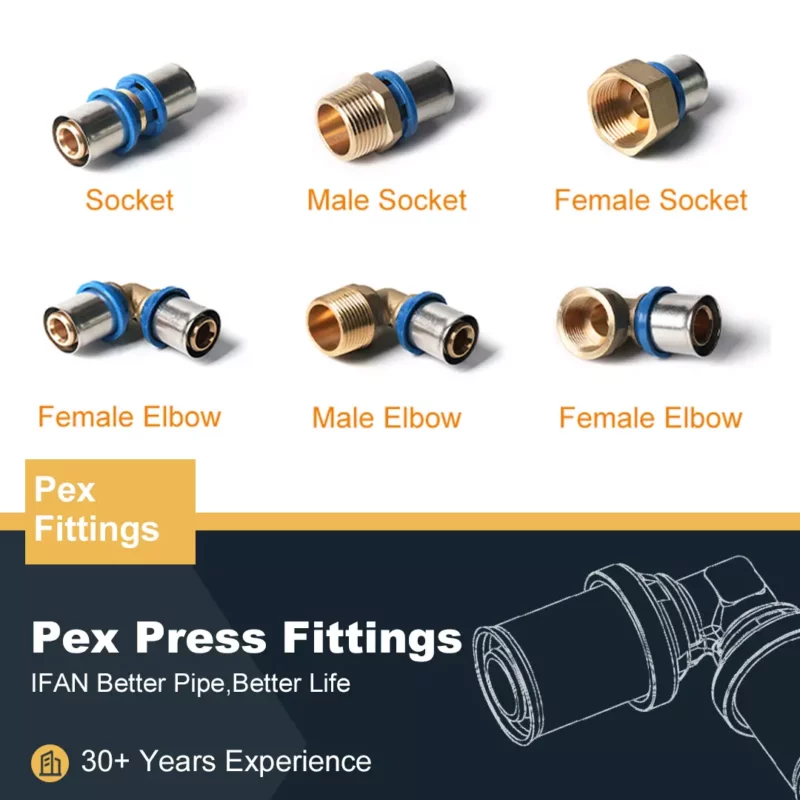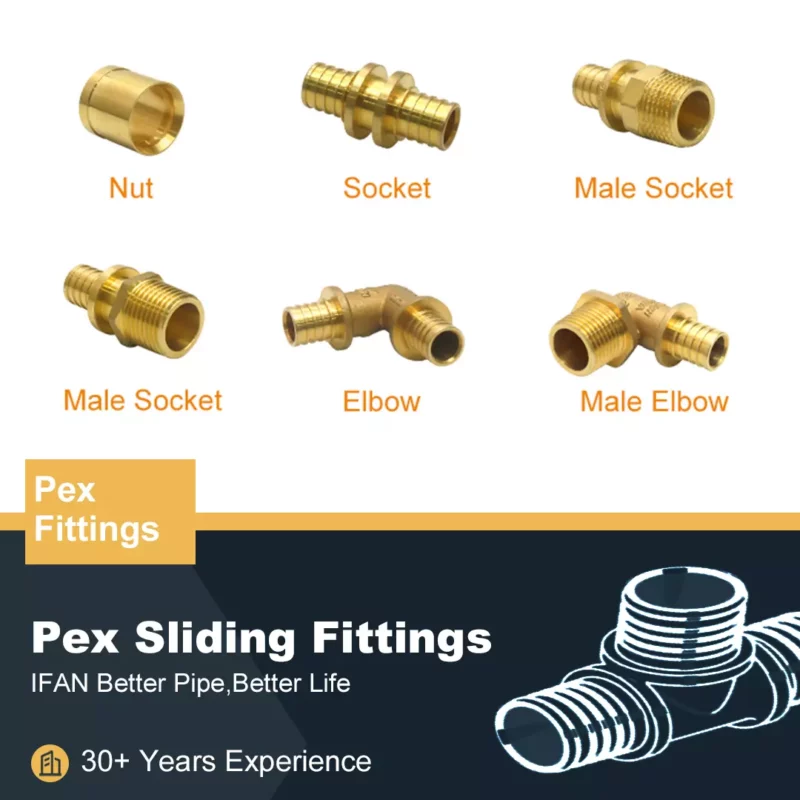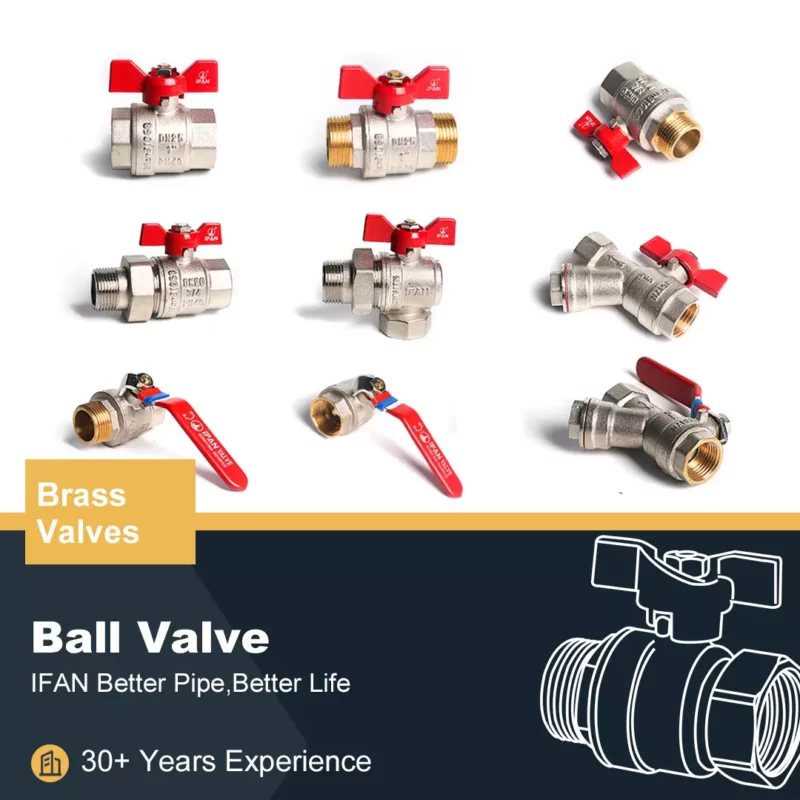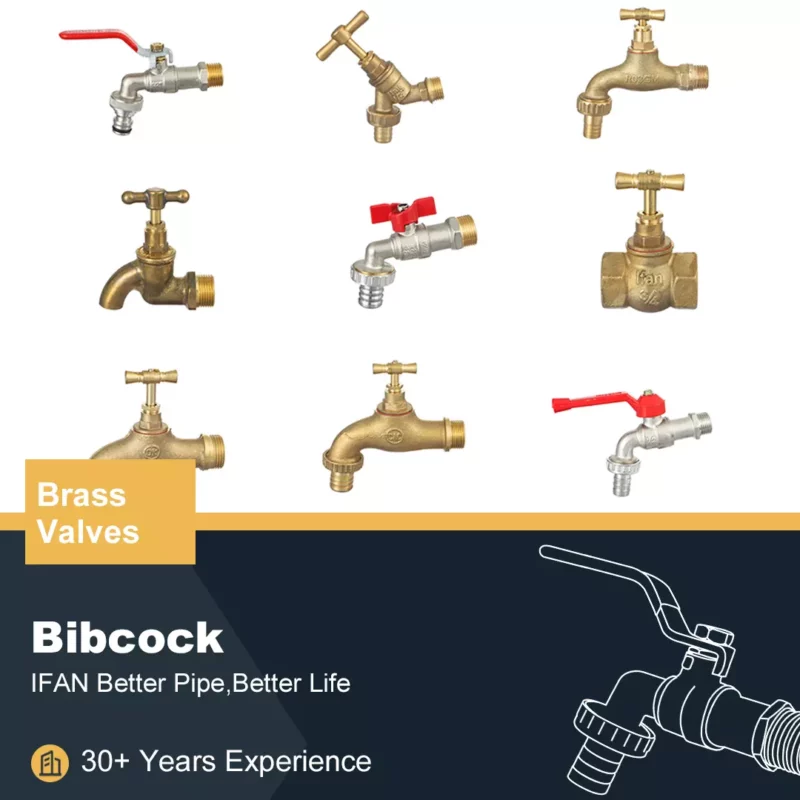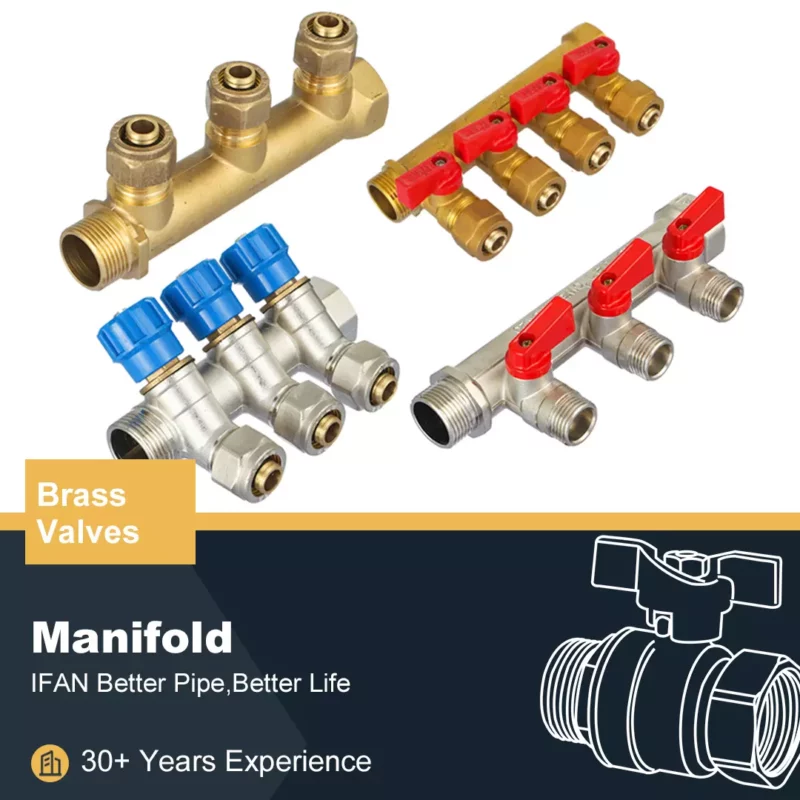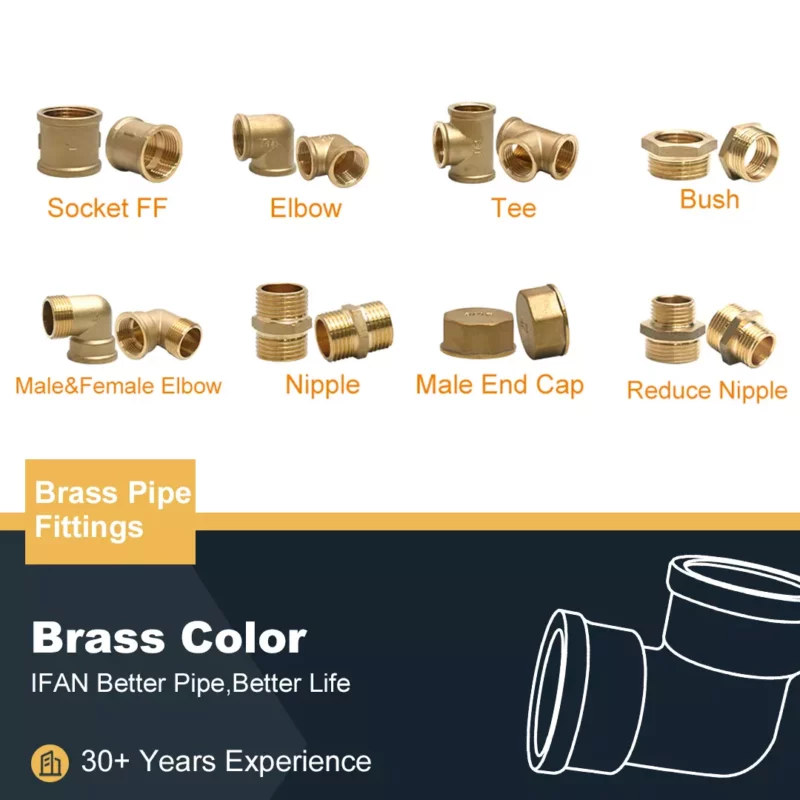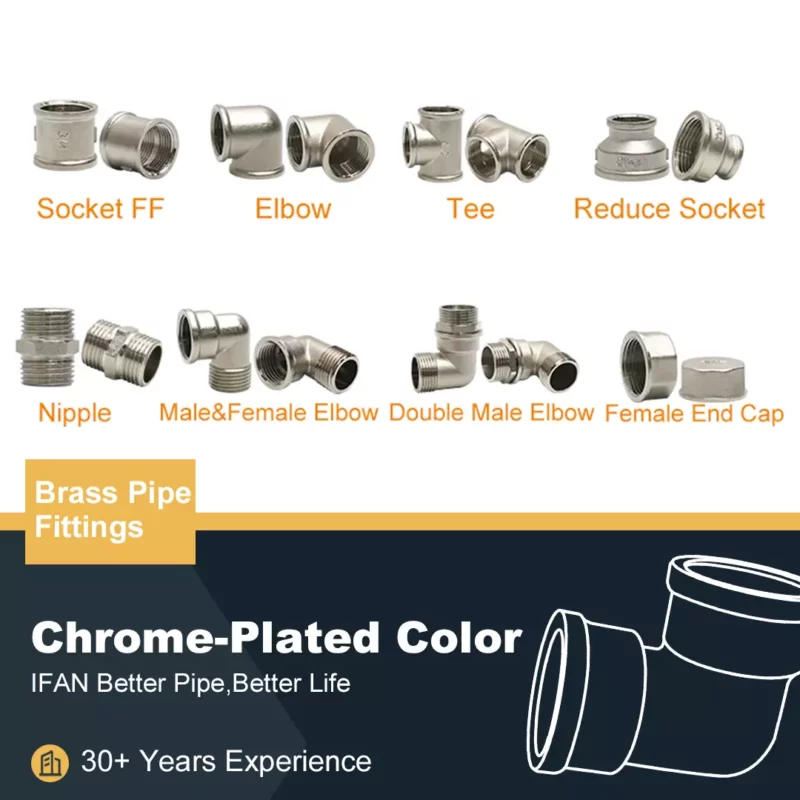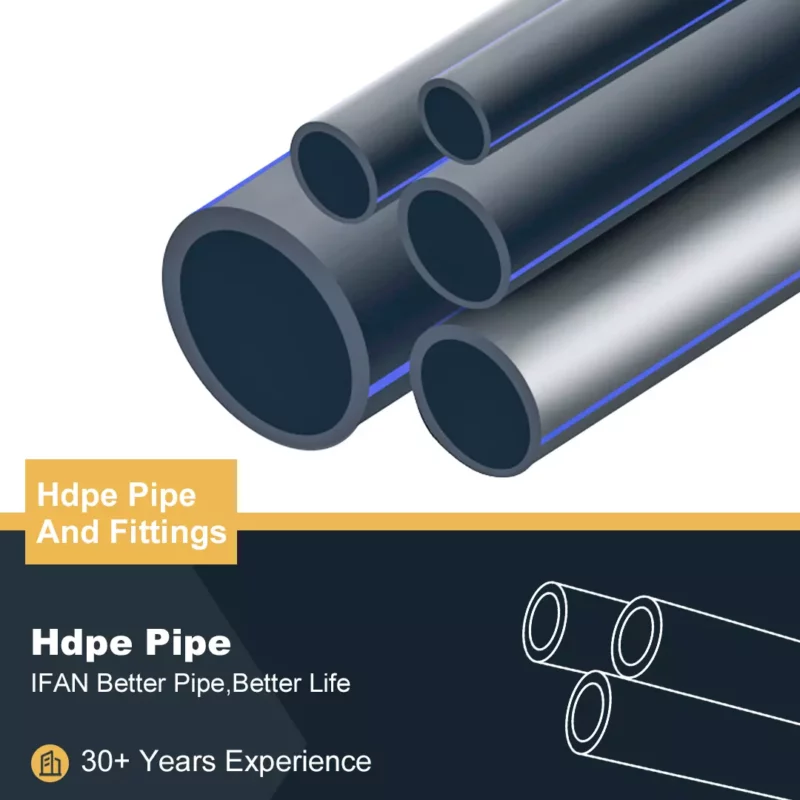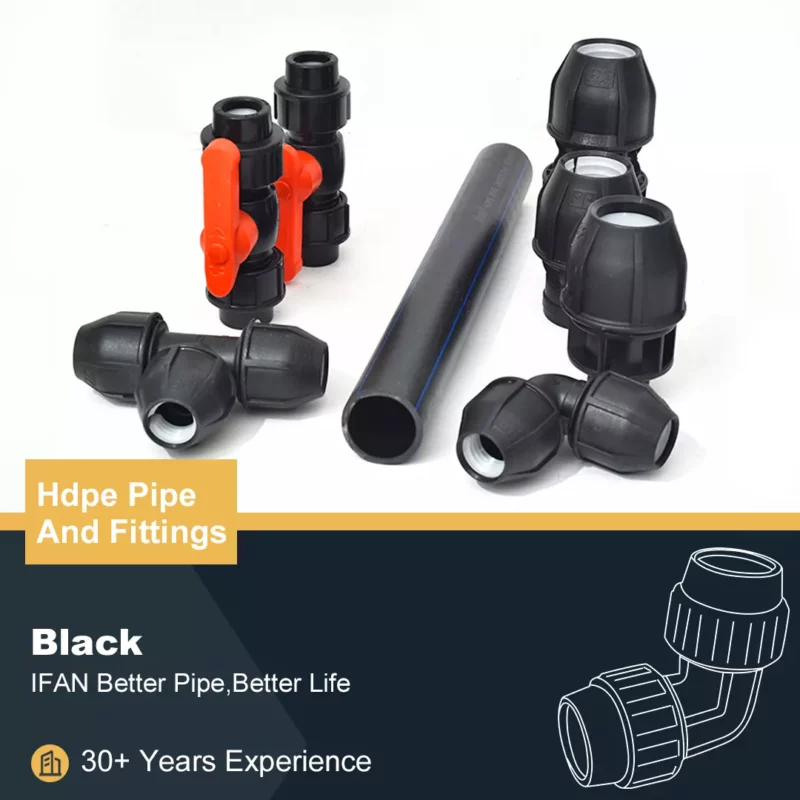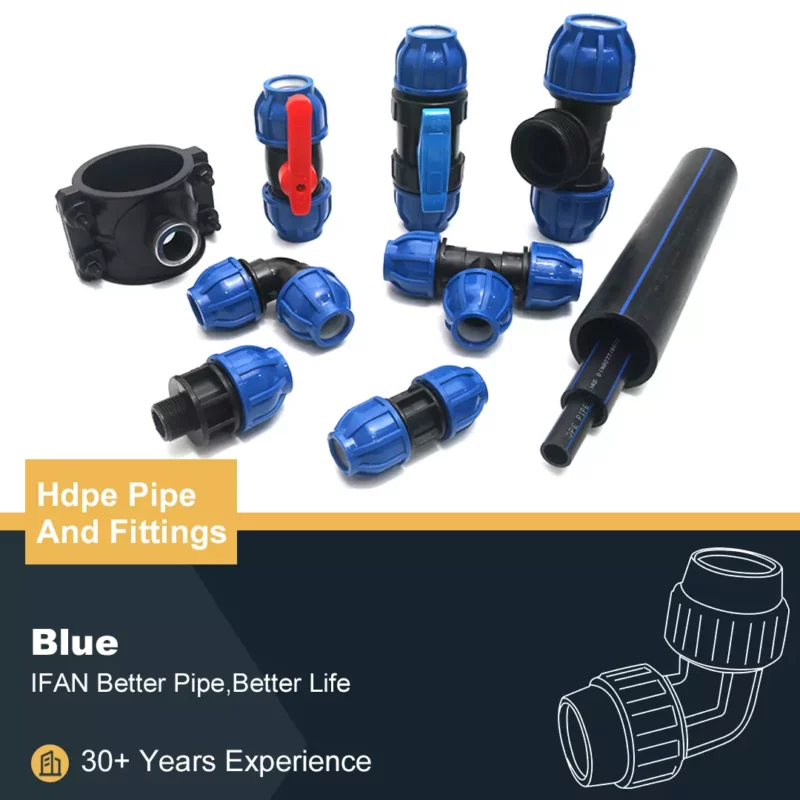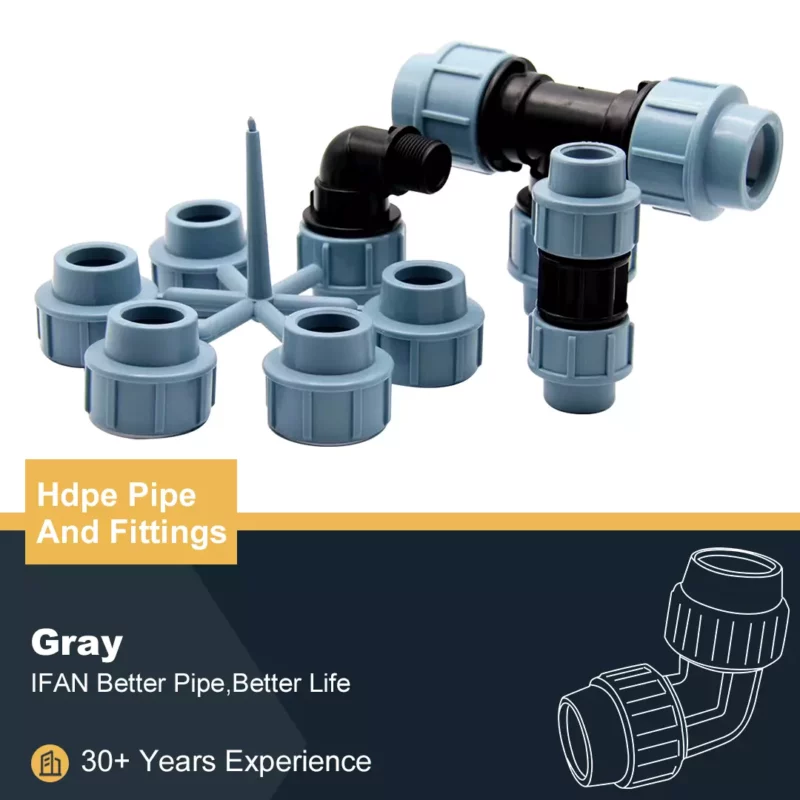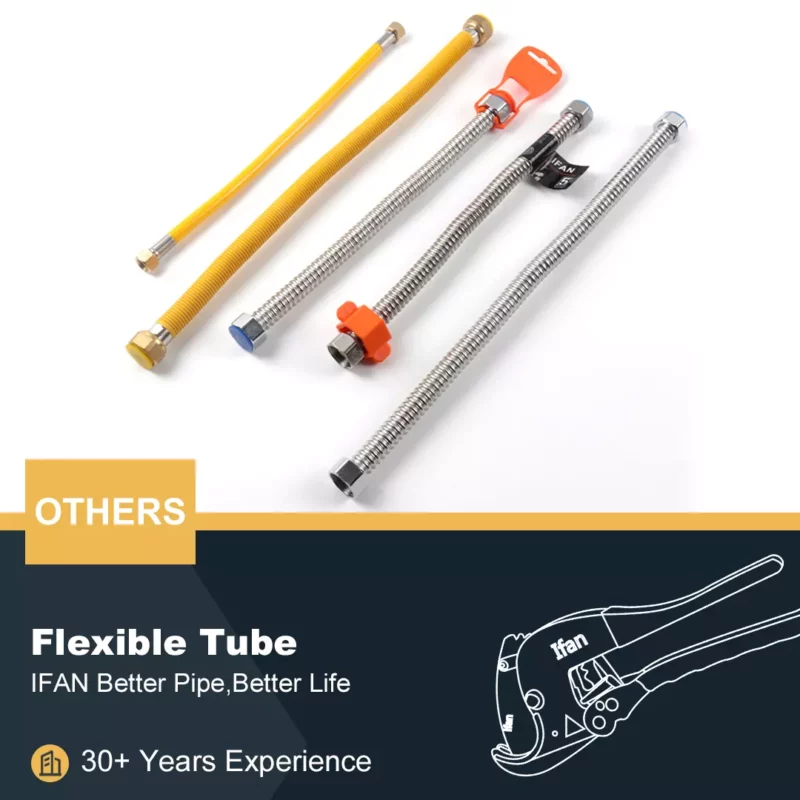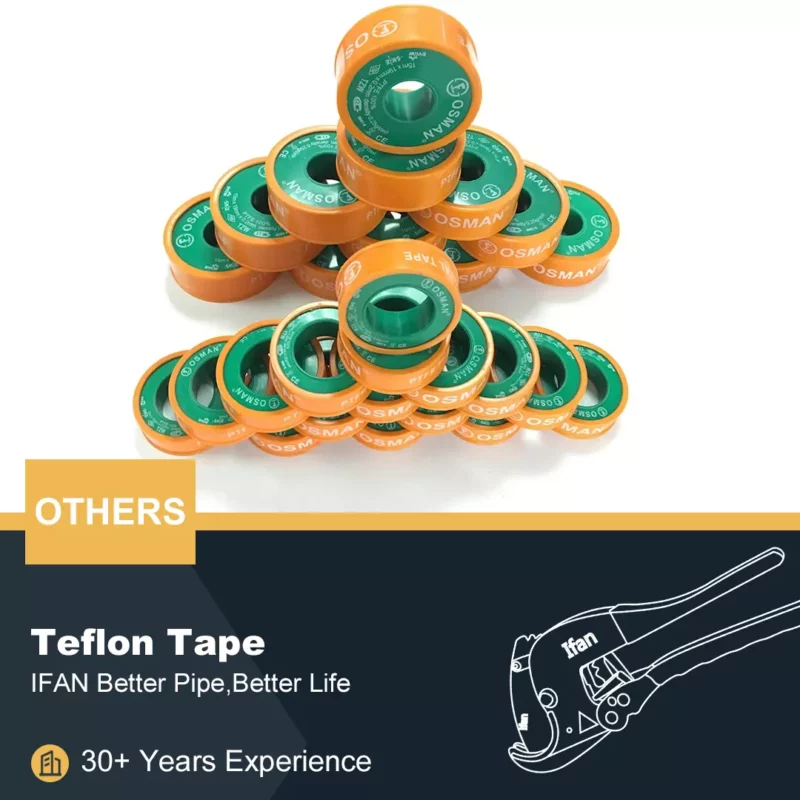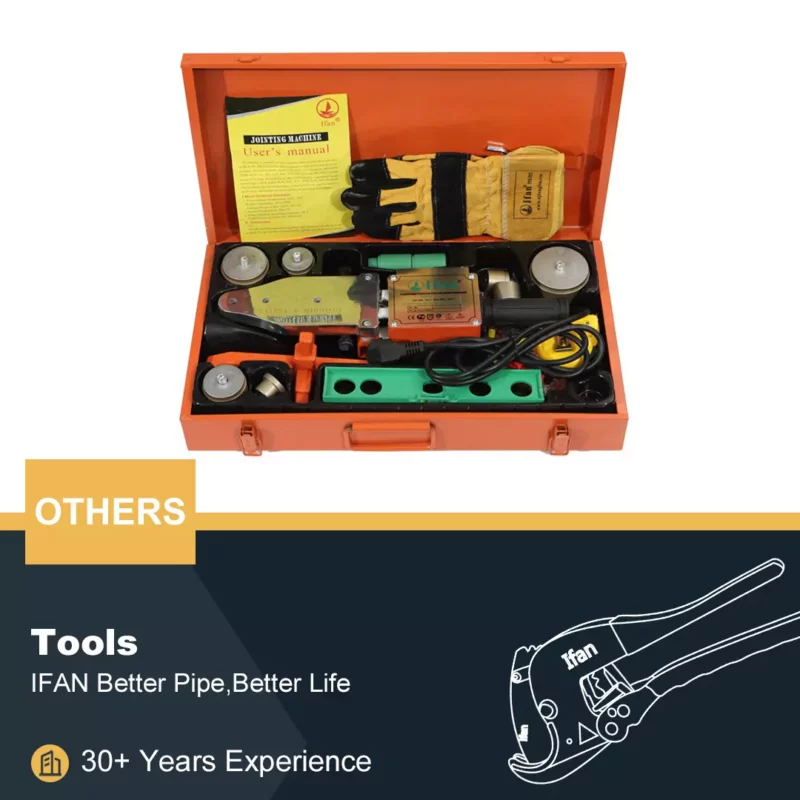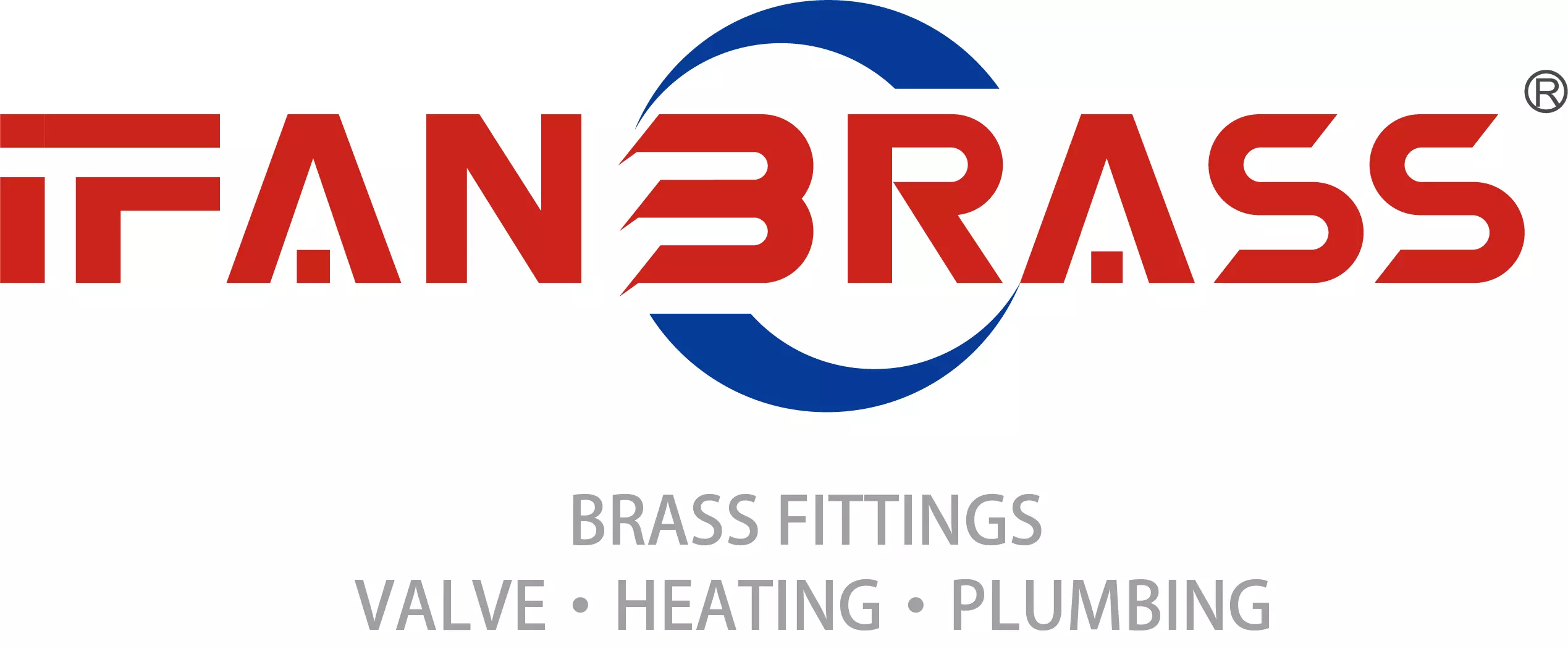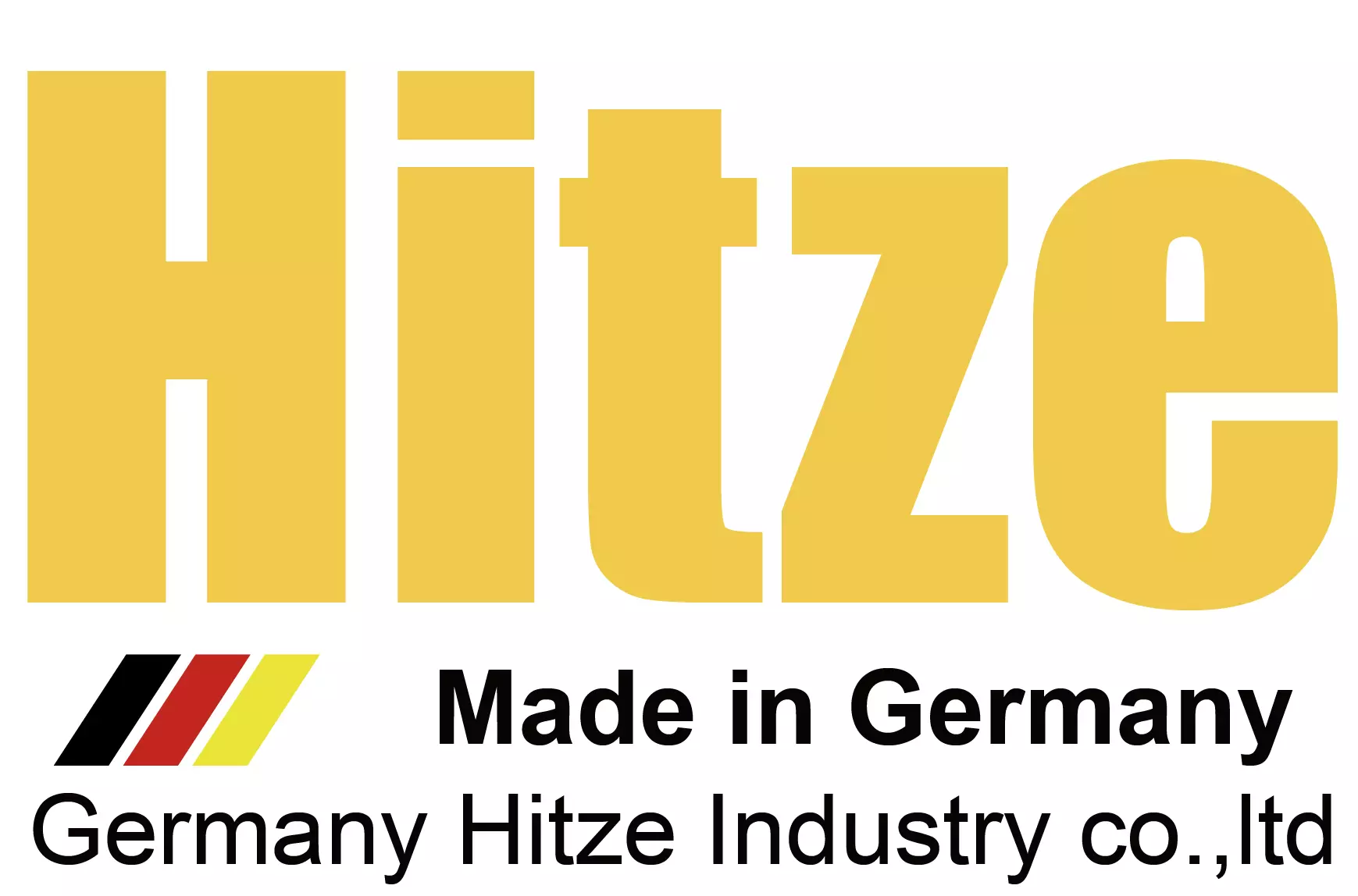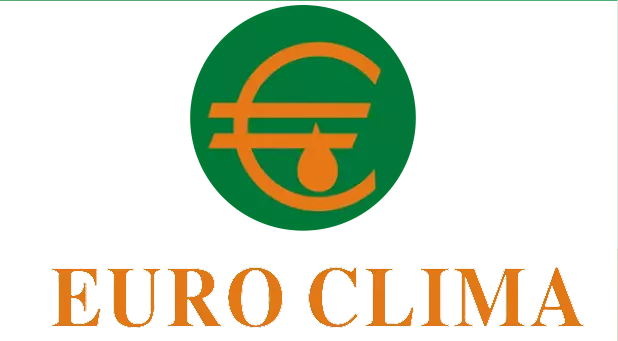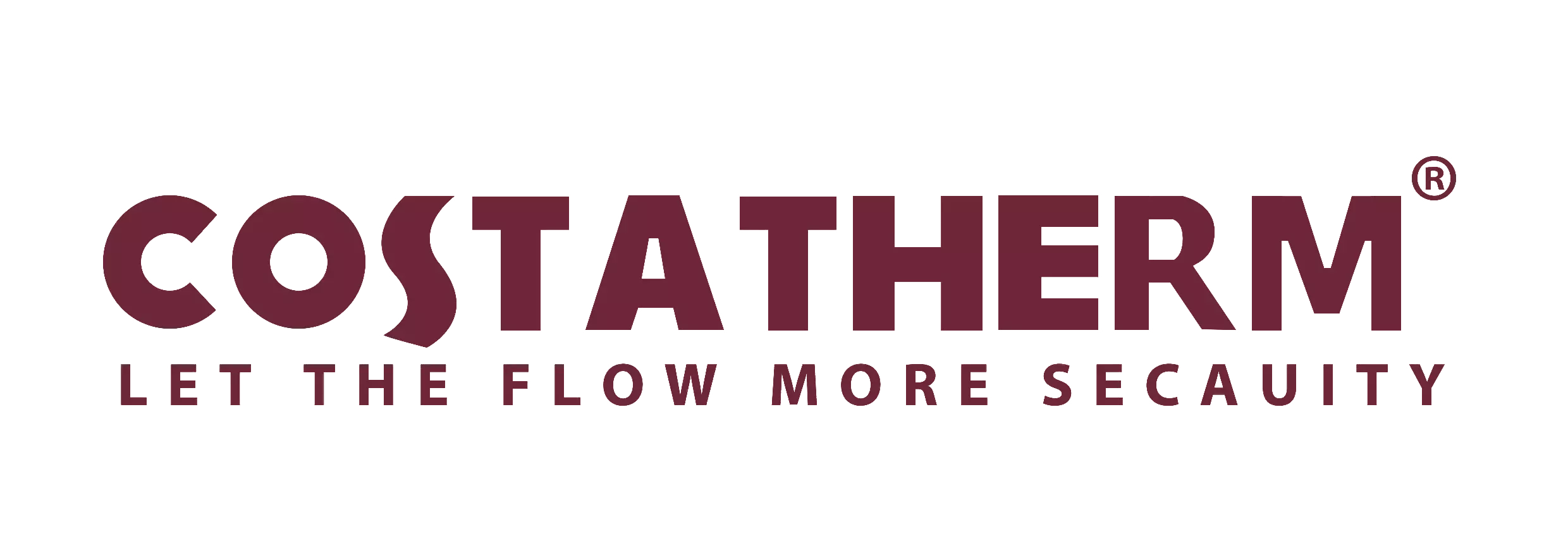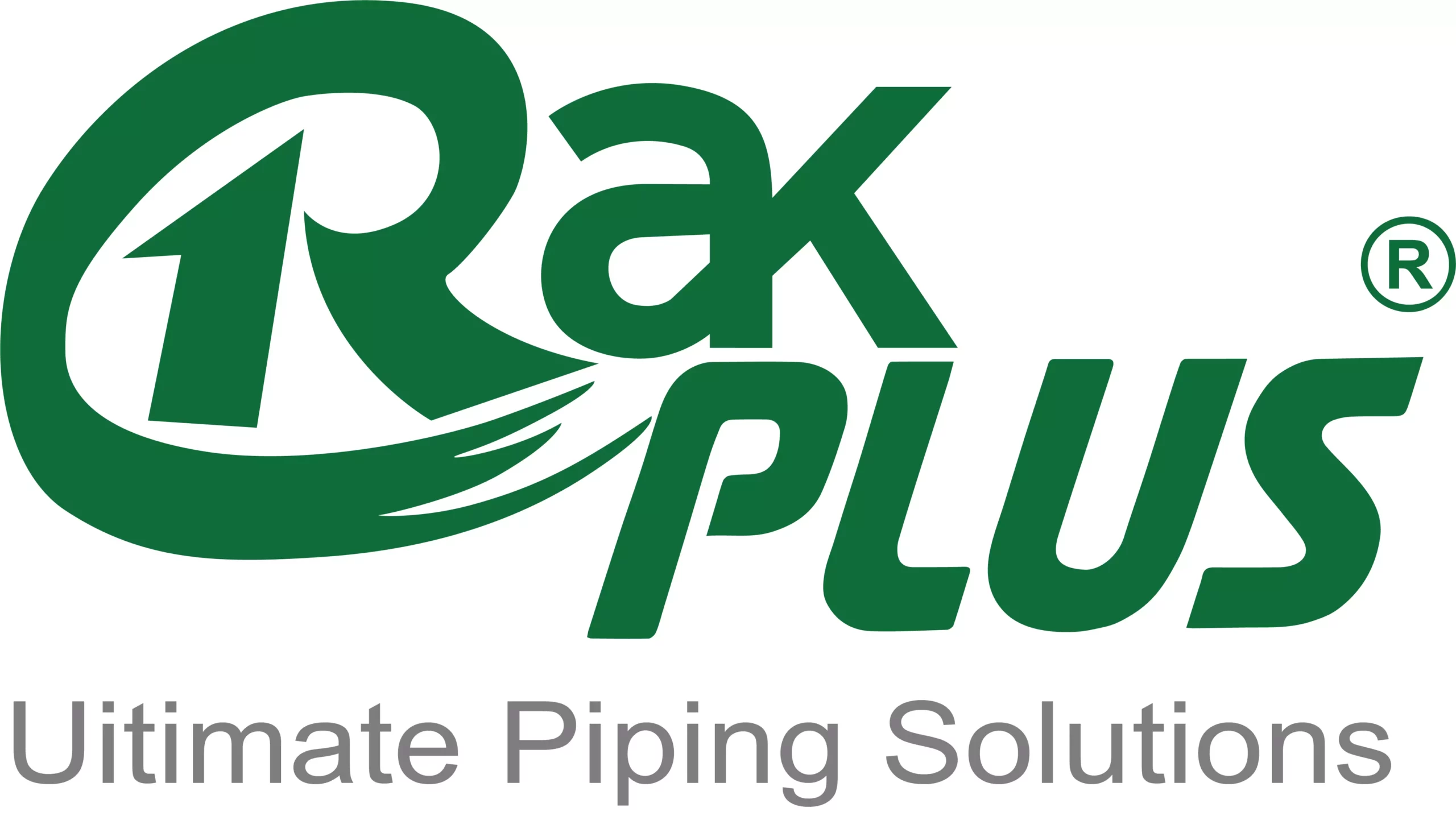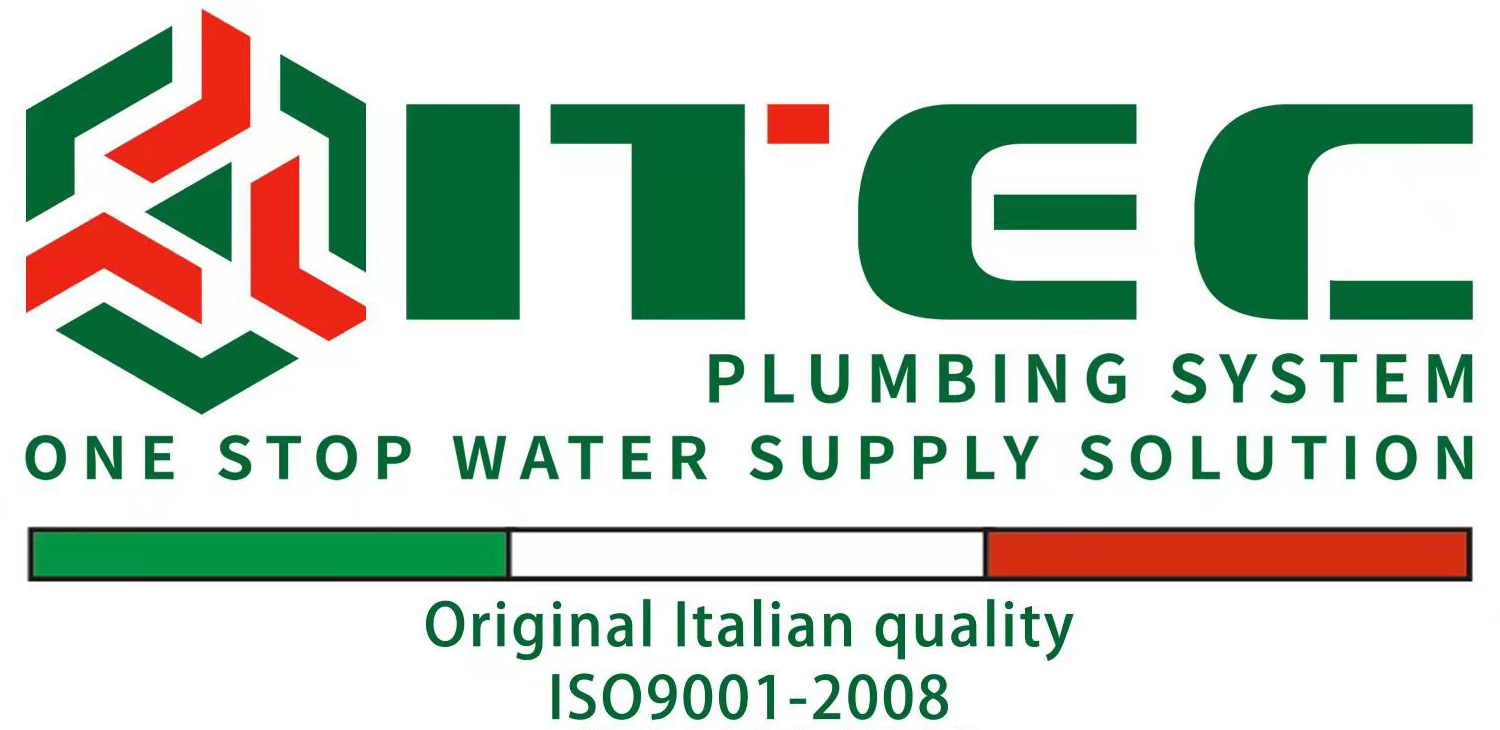PVC Pipes are pivotal components within plumbing systems, owing to their multifaceted advantages. Their widespread adoption stems from a combination of versatility, reliability, and cost-effectiveness. Making them indispensable for various applications in residential, commercial, and industrial settings.
Versatility in Applications
PVC pipes boast unparalleled versatility, catering to an extensive array of plumbing requirements across diverse sectors. Whether it’s conveying potable water in residential buildings. Managing wastewater in industrial facilities, or distributing chemicals in agricultural operations, PVC pipe excel in accommodating a wide spectrum of fluids and environments. Their adaptability to different pressure and temperature conditions further enhances their suitability for a myriad of applications, ensuring seamless integration into plumbing systems of varying complexities.
Reliable Performance
A hallmark of PVC pipes is their consistent and reliable performance, which forms the backbone of efficient plumbing systems. Engineered to exacting standards and manufactured using high-quality materials, PVC pipe uphold stringent quality control measures to deliver optimal performance over their operational lifespan. Their smooth interior surfaces facilitate unimpeded flow, minimizing frictional losses and pressure drop, thereby optimizing system efficiency. Whether conveying water, sewage, or industrial fluids, PVC pipes maintain their integrity under diverse operating conditions. Ensuring uninterrupted service and minimizing the risk of leaks or failures.
Cost-Effectiveness
One of the most compelling advantages of PVC pipes is their inherent cost-effectiveness, which makes them an attractive choice for plumbing projects across the board. Compared to traditional materials like metal or concrete, PVC pipe offer significant cost savings in terms of material procurement, transportation, and installation. Their lightweight nature facilitates easy handling and maneuverability, reducing labor costs and project timelines. Moreover, PVC pipes require minimal maintenance over their lifespan, translating to long-term savings for property owners and infrastructure managers. By optimizing resource allocation and minimizing life cycle costs, PVC pipes offer an economically viable solution for plumbing systems without compromising on quality or performance.
Compatibility with Various Fluids
PVC pipes exhibit remarkable compatibility with a diverse range of fluids, further enhancing their utility in plumbing applications. Whether conveying potable water for human consumption, corrosive chemicals for industrial processes, or gases for HVAC systems, PVC pipes demonstrate exceptional resistance to corrosion, erosion, and chemical degradation. This broad compatibility extends to a wide pH range and encompasses various temperatures, ensuring reliable performance across different operating conditions. As a result, PVC pipe provide a versatile solution for conveying fluids safely and efficiently, catering to the specific needs of each application with confidence and reliability.
Ease of Installation
The ease of installation is another distinguishing feature of PVC pipe. Contributing to their widespread adoption and popularity among plumbing professionals. Unlike some alternative materials that require specialized tools or techniques for installation, PVC pipe can be easily cut, joined, and maneuvered using standard equipment. Their lightweight construction facilitates manual handling and transportation, reducing the need for heavy machinery and specialized labor. Additionally, PVC pipe feature uniform dimensions and smooth surfaces, allowing for straightforward jointing and sealing without the risk of leakage or compromise in structural integrity. This ease of installation streamlines construction processes, minimizing disruptions and ensuring timely completion of plumbing projects with optimal efficiency.
Resistance to Corrosion and Chemicals
PVC pipes are renowned for their exceptional resistance to corrosion and chemical degradation. Ensuring long-term durability and reliability in harsh operating environments. Unlike metal pipes susceptible to rust, erosion, or galvanic corrosion, PVC pipes remain unaffected by most corrosive agents, including acids, alkalis, and salts. This inherent resistance extends to chemical exposure. Making PVC pipes suitable for conveying a wide range of industrial fluids without compromising their structural integrity or performance. As a result, PVC pipe offer a durable and robust solution for plumbing systems exposed to aggressive media or challenging conditions. Providing peace of mind to stakeholders and ensuring the longevity of infrastructure investments.
Conclusion: Leveraging PVC Pipe for Optimal Plumbing Solutions
In summary, PVC pipes stand as indispensable components within modern plumbing systems. Offering a host of advantages that maximize efficiency and reliability. Their versatility, reliability, cost-effectiveness, compatibility with various fluids, ease of installation, and resistance to corrosion and chemicals collectively underscore their value proposition in meeting the diverse needs of plumbing applications. By leveraging PVC pipes, stakeholders can achieve optimal plumbing solutions that prioritize performance, longevity, and cost-effectiveness, thereby enhancing operational efficiency and ensuring the seamless flow of fluids in residential, commercial, and industrial settings.
If you have read this article and have any questions, please feel free to contact IFAN. Below is our contact information:
Whatsapp:+86 13373827623
Email:[email protected]

